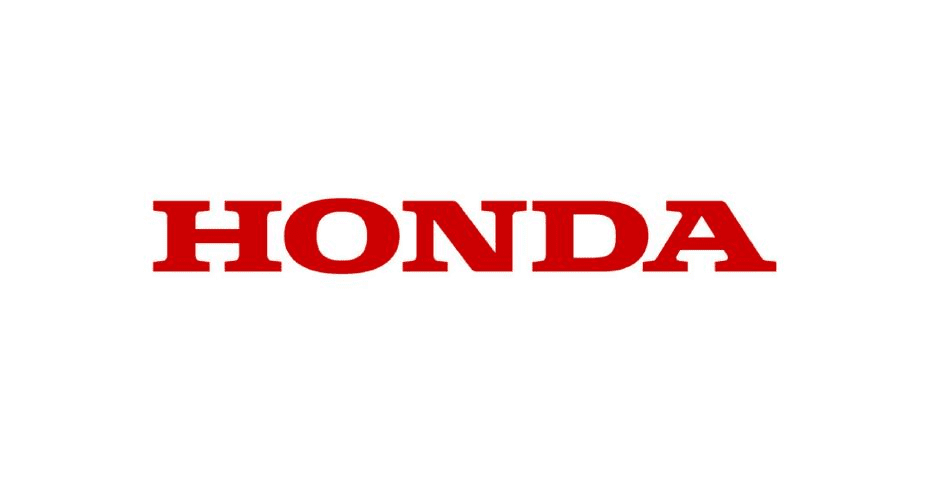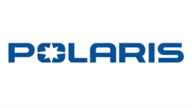Still Exploring?
Looks like you’ve been exploring our platform.
Want to see everything in one place?
Uncover hidden forced labor risks in your supply chain to maintain market access and protect your brand.


Assent has helped hundreds of companies. We’re proud to work with the following organizations.




























Discover how Corsair Gaming Inc. worked with Assent to build an ESG program that helps them collect, validate, and report supply chain sustainability data, including:


Build a strong foundation with Assent’s supply chain solutions to meet your most challenging ESG demands.